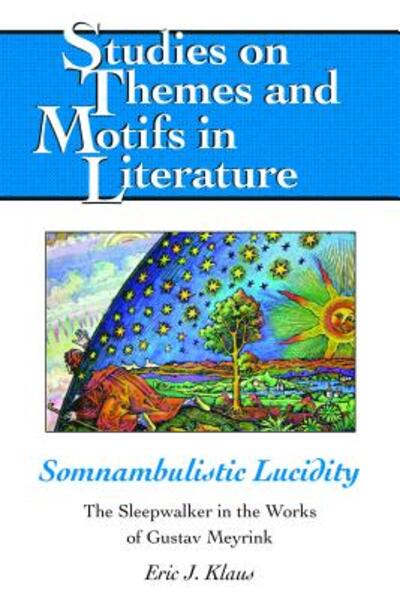
Gustav Meyrink (1868-1932), best known as the author of The Golem (1915), experimented with the occult in a time rife with occult experimentation. As a seeker of esoteric truth, he practiced and wrote about elements of Western Esotericism-alternative religious movements that pursued methods of tapping into secret spiritual wisdom that helped define the age. In doing so, Meyrink developed his own theories of salvation, which featured yoga as a means to open the door to supernatural and paranormal experience. In this way, his life, as well as his fiction, exemplifies liminality, existence on the margins. The core symbol of this liminal experience is the somnambulist: a figure existing between material and spiritual states of consciousness, having access to both yet belonging to neither. His oeuvre features characters entering trances, wandering the borders between "waking" and "metaphysical" worlds, gaining access to secret truths, and realizing salvation via a unio mystica. Meyrink, therefore, has much to say about the cultural climate of the fin de siècle: by viewing the turn of the twentieth century as a time defined by searches for certitude, by locating Western Esotericism as a meaningful movement of the age, by situating Meyrink on the periphery of social and spiritual spheres, and by identifying the sleepwalker as a seminal figure of the period as well as in Meyrink's work, this study echoes Meyrink's own attempts to find lucidity in the ambiguity of somnambulism.
| ISBN: | 9781433134920 |
| Publication date: | 24th January 2018 |
| Author: | Eric J Klaus |
| Publisher: | Peter Lang an imprint of Peter Lang Inc., International Academic Publishers |
| Format: | Hardback |
| Pagination: | 179 pages |
| Series: | Studies on Themes & Motifs in Literature ; Vol. 130 |
| Genres: |
Literature: history and criticism |